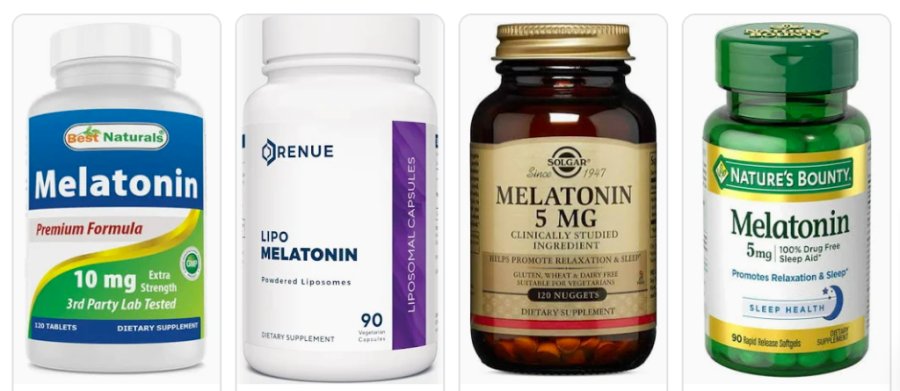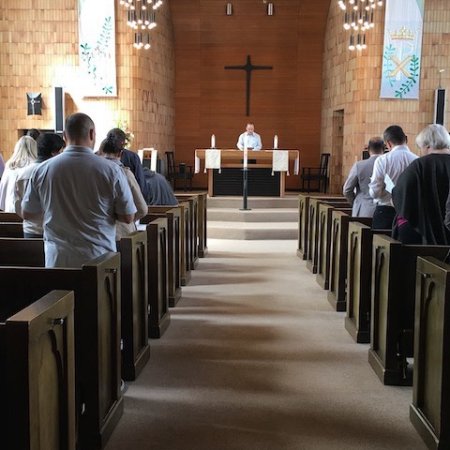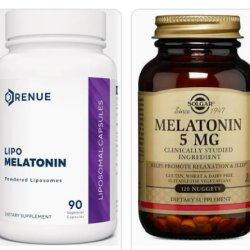Melatonin Use and Regulation in Japan: A Different Approach

Trouble sleeping? You may have heard of melatonin supplements that can help regulate your sleep. But what you may not know is that access to melatonin is viewed very differently in Japan compared to Western countries.
As someone who has lived in both Japan and North America, I was surprised to learn how strictly Japan regulates melatonin as a prescription-only drug. In this blog post, I’ll share what I’ve learned about Japan's fascinatingly different stance on melatonin use and regulation.
Melatonin as a "Strictly Controlled" Drug in Japan:
When I first moved to Japan, I immediately noticed melatonin was nowhere to be found on drugstore shelves. That's because in Japan, unlike the US and Canada, melatonin is considered a medical drug requiring a doctor's prescription.
Japan places melatonin under "strict control" - the highest prescription drug category shared by morphine and amphetamines. While Americans buy 10 mg melatonin tablets by the bottle, Japan limits prescribed doses to just 1-3 mg per day.
This surprised me at first, as I'd always thought of melatonin as a harmless over-the-counter sleep remedy. But regulators in Japan are very conservative about potential health risks from long-term melatonin use.
Underlying Concerns Driving Japan's Caution:
So why does Japan treat melatonin so differently? Discussing with friends, I learned there are a few key concerns driving Japan's strict regulation:
- Potential long-term side effects - The Japanese medical community argues there is insufficient safety data, especially at higher supplement doses. There is particular concern around effects on hormones and children’s development.
- Risk of incorrect self-medication - Doctors worry consumers may use melatonin incorrectly without proper guidance, complicating underlying issues.
- Perception as a potent drug - Melatonin is seen as a highly powerful drug, rather than as a mild supplement like vitamins. There are worries about misuse or abuse.
- Lack of proven benefits - Some Japanese doctors argue there is limited evidence melatonin conclusively helps typical sleep problems when used long-term.
Use Continues Despite Restrictions:
Despite melatonin’s prescription-only status, various surveys still estimate that around 2-4% of adults in Japan use it in some form.
While regulated as a prescription drug, doctors may prescribe low-dose melatonin off-label for consumer sleep issues. There also appears to be an underground market for foreign-imported or locally-made melatonin supplements.
So some Japanese consumers are still able to access melatonin, whether legally or otherwise. But awareness and use remains much lower compared to Europe and North America where melatonin marketing is widespread.
Potential Future Opening Up of Access:
While tightly regulated for now, Japan's strict melatonin laws may gradually relax as cultural attitudes and medical opinions shift.
Some doctors argue low-dose melatonin under proper supervision appears reasonably safe for short-term use based on current data. With work and social pressures leading to a sleep loss epidemic, they argue widening controlled access could benefit public health.
Other voices say risks remain unclear and caution further study before deregulating. But the debate continues, with proponents on both sides.
As a foreigner living in Japan, it’s fascinating to see this debate play out so differently than back home. While I’m personally unsure if Japan’s strict approach is best, it shows that reasonable perspectives can differ across cultures.
FAQ about Melatonin in Japan:
Is melatonin allowed in Japan?
Melatonin is legal in Japan only by doctor's prescription, and at lower doses of 1-3mg per day. It is classified as a "strictly controlled" prescription drug rather than an over-the-counter supplement.
Can I buy melatonin from overseas to Japan?
Bringing foreign melatonin supplements into Japan for personal use may technically be prohibited under import laws for prescription drugs. The legal risks seem low, but customs inspection is always a possibility.
Is it illegal to use melatonin without a prescription in Japan?
Yes, the unauthorized purchase or use of melatonin is technically breaking the law in Japan. However, surveys suggest around 2-4% of adults still use melatonin in some form without a proper prescription.
Can Japanese doctors prescribe melatonin for sleep issues?
Doctors may prescribe low-dose melatonin off-label to patients complaining of sleep problems, even though it is only officially approved for circadian rhythm disorders. Off-label prescription for sleep seems fairly common.
Are there efforts to make melatonin more available in Japan?
Some medical professionals support controlled over-the-counter access to low-dose melatonin, arguing the health benefits outweigh the risks for short-term use. But restrictive attitudes remain strong, so major deregulation seems unlikely in the short term.
Does melatonin require a prescription in other countries?
No, melatonin is sold as an over-the-counter dietary supplement in the United States, Canada, Europe and many other countries around the world. Japan maintains uniquely strict prescription regulations.
Conclusion:
When it comes to melatonin regulation and use, Japan maintains a highly conservative stance compared to other developed countries. But there are early signs its position could gradually shift towards a happy medium between medical caution and pragmatic consumer access.
As debates continue in Japan’s medical community, I’ll be closely watching to see if melatonin laws will relax in coming years. Either way, I hope improved sleep remedies will help address the pressing sleep crisis faced by overworked Japanese society today.
More to Read:
Previous Posts:


